Posterior tibial nerve stimulation
Posterior tibial nerve stimulation (PTNS) neuromodulation is a minimally invasive treatment for bladder overactivity.
Bladder overactivity is a condition where the bladder goes too frequently, and can be associated with urgency (the need to run to the toilet), and urge incontinence (having leakage on the way to the toilet). Usually, these symptoms are caused by overactive nerves that supply the bladder muscle.
Medication can be very effective for the treatment of this. In more severe forms of bladder overactivity, injecting the bladder with Botox is an excellent treatment.
PTNS is a treatment for bladder overactivity which falls between medication on the one hand and Botox on the other. It aims to retrain or re-program the nerves that supply the bladder. This is achieved by stimulating the nerve behind the ankle with a small acupuncture-type needle. This is attached to a battery-powered stimulator, which produces an electrical impulse that travels up the nerve to the spinal cord, to the region which regulates bladder and pelvic floor function.
PTNS has been proven to be an effective treatment. It does require multiple treatments, however, usually weekly, for up to 12 weeks. Further maintenance sessions may be required.
The sessions take about 30 minutes at a time. If you would like more details on PTNS, please call us on (07) 571 2288



